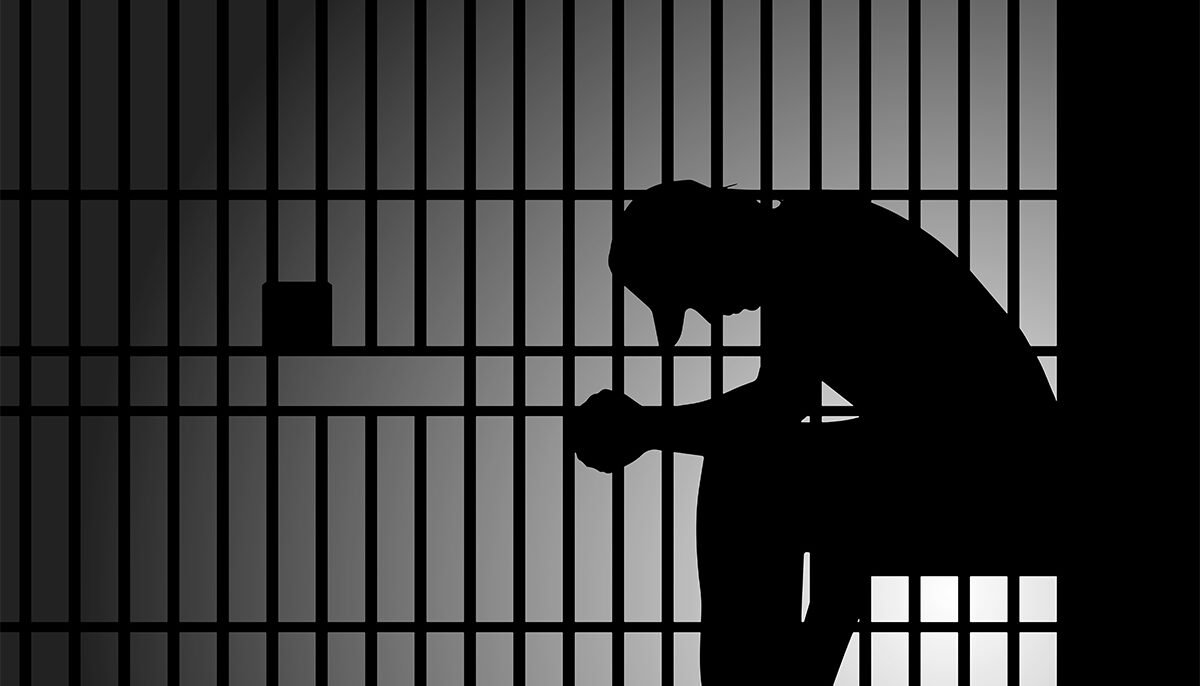Ever come across a funny meme of politicians as kids? Adorable, right? You might even feel like sharing it on Facebook, Twitter, WhatsApp, or your blog.
But under Pakistan’s proposed Cyber Crime Bill (2015), doing so could land you in jail for up to 2 years and/or fined Rs. 1 million. Why? Because the image could be labeled vulgar or offensive, especially if it features political figures—and that’s enough to trigger a cyberstalking charge.
Let that sink in.
What Qualifies as a Punishable Offense?
This bill is as alarming as SOPA and PIPA once proposed in the U.S., and even more ambiguous in interpretation. Here’s what could get you in trouble:
- Using or hinting at cuss words: “Yaar tum kitnay @#%$ ho!”
- Making suggestive or cheesy proposals: “Kia aap mujh se frandship karein gi?”
- Threatening or venting in frustration: “Agar internet theek nahi chala, to Wateen walon ka sar phar doon ga!”
The bill doesn’t clearly define what qualifies as “vulgar” or “obscene,” leaving it wide open to interpretation. Even harmless political satire or comedy programs like Hum Sab Umeed Se Hain could be considered punishable content. Other ambiguous phrases that could potentially be labeled “vulgar”:
- A Womanly Man
- While Thatta Suffers Famine
- Cat’s Out of the Bag
The Inspiration? Think Dolores Umbridge
This bill reads like something straight out of Harry Potter—specifically the oppressive rules enforced by Dolores Umbridge and her Inquisitorial Squad. It applies to any device capable of processing data: laptops, mobiles, tablets, telecom equipment, even pagers.
Authorities would have the power to confiscate your device for 90 days—without needing to justify the action. That innocent meme saved in your WhatsApp gallery? Enough for a cyberstalking conviction. A blog post? Your website can be permanently blocked by PTA.
Got an Event Invite or Survey Request?
Ever sent out a thesis survey, event invite, or game request (Farmville, Candy Crush, etc.)?
Congratulations—you could be booked for spamming, which carries a penalty of 3 months in jail and/or Rs. 1 million fine.
Why? Because under the new bill, unless you’ve received explicit written permission from each recipient, you’re violating the law. Yes, even on Facebook or via text.
Blocking Content for the “Glory of Islam”
Let’s say you post a controversial image, like a meme critiquing extremism or referencing a banned book like The Satanic Verses. Under the new bill, an investigation officer can instruct PTA to block your website, citing “Glory of Islam” or the “Security of Pakistan” as justifications.
Freedom of expression? Not anymore.
Have Home WiFi? You’re a Service Provider Now
If you’re running a WiFi connection—whether at a café or in your own home—you could be considered a “service provider” under this bill. You’d be required to store traffic logs for up to 90 days.
Failing to do so? That’s a 6-month jail sentence or a fine.
Say Hello to “Cyber Terrorism”
Ever ranted online about slow internet speeds, threatening to “chop off” your ISP’s head? That could be defined as Cyber Terrorism—especially if it’s seen as inciting violence.
Even media outlets covering political scandals may fall under this clause, since they can be accused of spreading content that “incites hatred or violence.”
And the punishment? Up to 14 years in prison and/or a fine of Rs. 50 million (5 crore).
Silencing Dissent, One Law at a Time
This bill is set to be presented in Pakistan’s parliament and may be rushed through under the cover of the Pakistan Protection Act. If passed, it will not only restrict freedom of speech and digital expression—it could also become a tool for election-time censorship. Sharing evidence of rigging or speaking against authorities could be interpreted as attempting to “malign” or “disseminate false information.”
What You Can Do
Bolo Bhi has shared a copy of the proposed bill along with their initial analysis. Review them and raise your voice.
Contact parliamentarians, media professionals, and public influencers. Use your platforms—Facebook, Twitter, blogs—to inform others about the dangerous implications of this bill.
This is not just a legal reform—it’s a serious threat to digital freedom in Pakistan.


